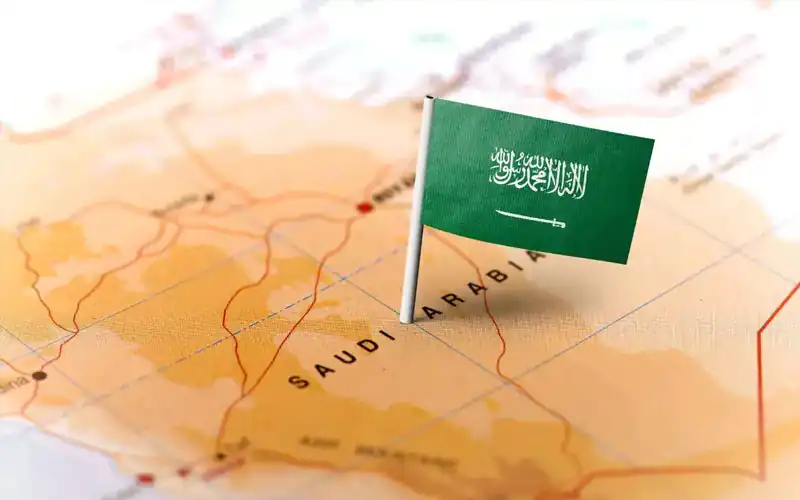Saudi Arabia has officially released a new law that allows non-Saudi to own and benefit from the real estate. The Cabinet approved the law earlier this month. The Umm Al-Qura Gazette published the full text, and the law will take effect 180 days after publication.
Expanded real estate rights for foreigners
The law lets non-Saudi individuals, businesses, and non-profit own or lease property in designated areas. These areas will be defined by the Council of Ministers. Ownership will depend on the type, location, and use of the property.
Exemptions for Makkah and Madinah
Foreigners still cannot own property in Makkah and Madinah. However, Muslim individuals may be granted ownership under strict conditions. The law also lifts the earlier ban on Gulf Cooperation Council (GCC) nationals, bringing all foreign ownership under one legal framework.
Government Oversight and Guidelines
The Council of Ministers, along with the Real Estate General Authority and the Council of Economic and Development Affairs, will oversee the law’s implementation. They will identify zones for foreign ownership, set ownership limits, and define usufruct durations.
Ownership Rules for Expats and Companies
Foreign residents can buy one residential property for personal use. However, they cannot buy in restricted areas like Makkah and Madinah. Private companies with foreign shareholders, licensed funds, and special-purpose vehicles can also own property. They may purchase real estate across Saudi Arabia, including the holy cities, if used for operations or staff housing. Public companies can invest in real estate under Capital Market Authority rules.
Property Use for Diplomats and International Bodies
Diplomatic missions and international organizations can own property for official use and staff housing. The Ministry of Foreign Affairs must approve these purchases, and reciprocal agreements must exist with the relevant countries.
Registration and Transaction Fees
Foreign entities must register with the national real estate registry before any purchase. Ownership or usufruct becomes legal only after registration. A transfer fee of up to 5% will apply to each transaction involving non-Saudis.
Strict Enforcement and Penalties
The law includes harsh penalties for violations. Fines can reach SAR 10 million. If a buyer provides false information, the state may force a property sale and collect proceeds after deductions. A specialized committee will manage violations. Appeals can be filed in administrative courts within 60 days.
This new law replaces Royal Decree No. M/15 from 2000. Executive regulations that clarify the rules and restricted zones will be issued within six months.












